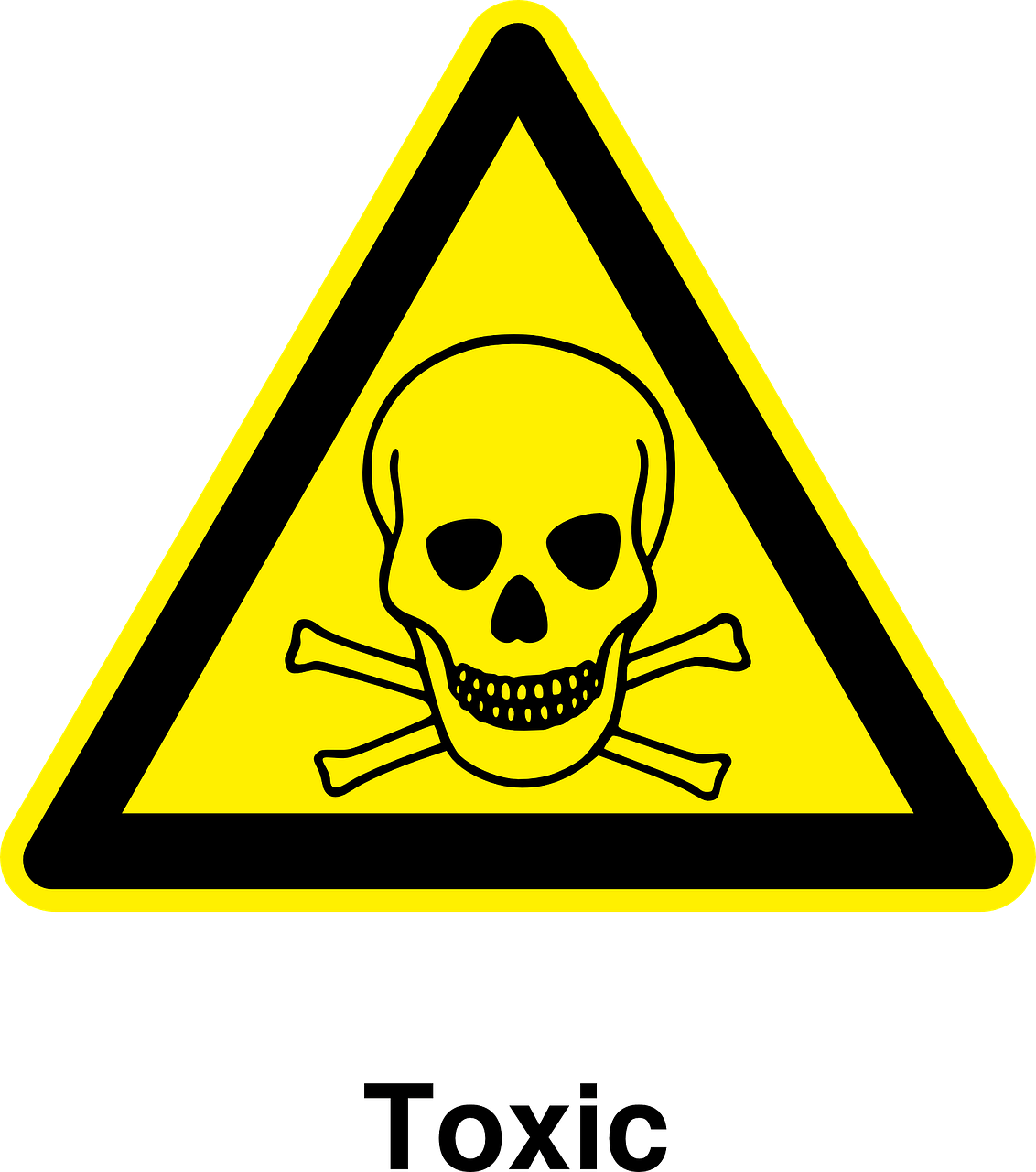Household hazardous waste, we all have it. It comes to a point in most people’s lives where they must sort through all their possessions and figure out what to keep, donate, and trash or recycle.
As people age, their living situation may change, so they need to downsize their possessions. Downsizing can be especially true if a person moves to a smaller residence or senior housing facility. It’s amazing what one can accumulate over time.
When people decide to purge their possessions, they come across items they do not know how to handle. Many daily used household items may be considered hazardous. I am referring to the dangerous waste products that most of us have around our homes and do not think twice about it:
- Batteries
- Cleaning or degreasing products
- Paint
- Solvents
- Drain openers
- Pharmaceuticals (medications)
- Nail polish
- Shoe polish
- Furniture polish
- Pesticides (such as ant, insect, or rat substance killers)
- Fertilizers
- Aerosols
- Anti-freeze
- Motor oil
- Brake fluid
- Compressed gas tanks (such as propane or oxygen tanks)
- Mercury products (such as thermometers, blood-pressure cuffs, light bulbs, lamps, and switches)
This list is just a small list of items people may have and not realize it is considered hazardous waste. As easy as it would seem to throw it in the trash, it is illegal to dispose of dangerous waste in the garbage, down storm drains, or onto the ground. The concern is that hazardous waste can be released into the environment and contaminate our air, water, and possibly the food we eat.
How to dispose of your household hazardous waste?
You can hire a licensed hazardous waste professional to remove the items, but that is expensive. Your best option would be to contact your local waste (trash) provider to see what locations are available to dispose of your hazardous waste properly. Most cities/counties offer to drop off site(s) free of charge as long as you can show proof of residency in that area.
Do your part to save the environment and stay within the law by adequately disposing of your hazardous waste materials.
STAGES is here to educate you through the aging process.

